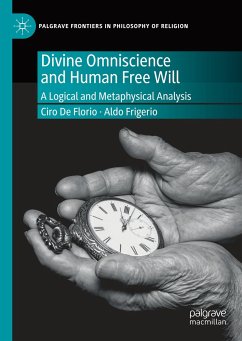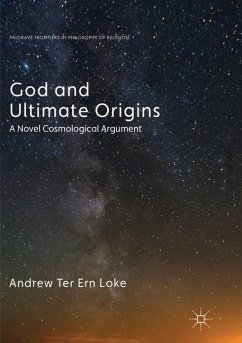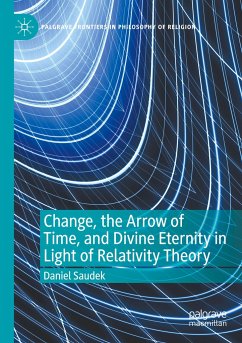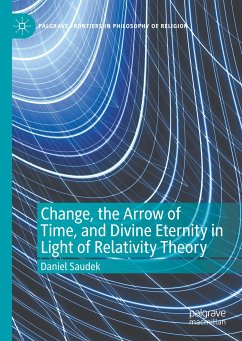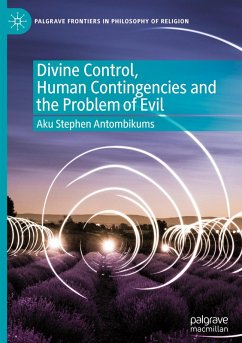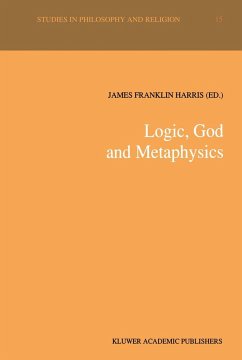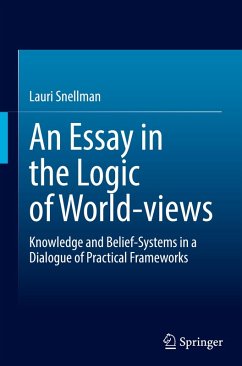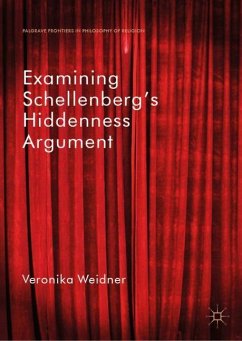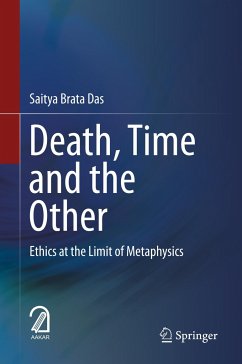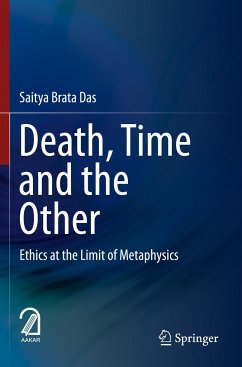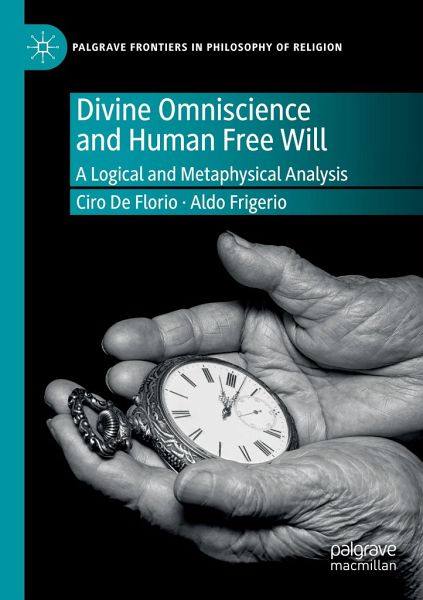
Divine Omniscience and Human Free Will
A Logical and Metaphysical Analysis
Versandkostenfrei!
Versandfertig in 6-10 Tagen
61,99 €
inkl. MwSt.
Weitere Ausgaben:

PAYBACK Punkte
31 °P sammeln!
This book deals with an old conundrum: if God knows what we will choose tomorrow, how can we be free to choose otherwise? If all our choices are already written, is our freedom simply an illusion? This book provides a precise analysis of this dilemma using the tools of modern metaphysics and logic of time. With a focus on three intertwined concepts - God's nature, the formal structure of time, and the metaphysics time, including the relationship between temporal entities and a timeless God - the chapters analyse various solutions to the problem of foreknowledge and freedom, revealing the advan...
This book deals with an old conundrum: if God knows what we will choose tomorrow, how can we be free to choose otherwise? If all our choices are already written, is our freedom simply an illusion? This book provides a precise analysis of this dilemma using the tools of modern metaphysics and logic of time. With a focus on three intertwined concepts - God's nature, the formal structure of time, and the metaphysics time, including the relationship between temporal entities and a timeless God - the chapters analyse various solutions to the problem of foreknowledge and freedom, revealing the advantages and drawbacks of each. Building on this analysis, the authors advance constructive solutions, showing under what conditions an entity can be omniscient in the presence of free agents, and whether an eternal entity can know the tensed futures of the world. The metaphysics of time, its topology and the semantics of future tensed sentences are shown to be invaluable topics in dealingwith this issue.
Combining investigations into the metaphysics of time with the discipline of temporal logic this monograph brings about important advancements in the philosophical understanding of an ancient and fascinating problem. The answer, if any, is hidden in the folds of time, in the elusive nature of this feature of reality and in the infinite branching of our lives.
Combining investigations into the metaphysics of time with the discipline of temporal logic this monograph brings about important advancements in the philosophical understanding of an ancient and fascinating problem. The answer, if any, is hidden in the folds of time, in the elusive nature of this feature of reality and in the infinite branching of our lives.



